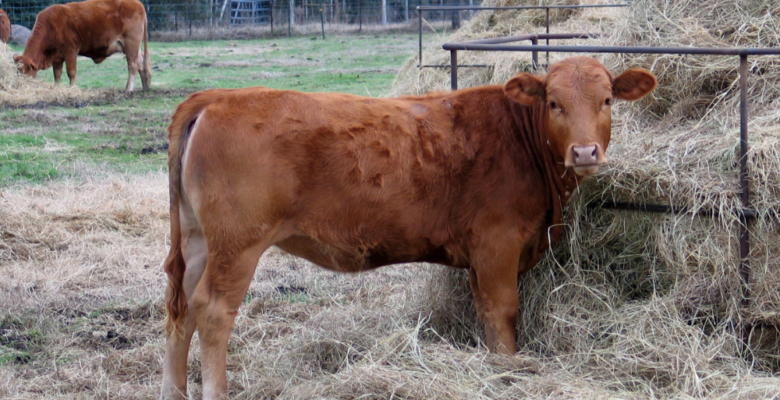Issue: The nearly 30,000 Department of Homeland Security (DHS) Customs and Border Protection (CBP) Officers and Agriculture Specialists require a solid understanding of infectious animal and plant pathogenic diseases and select agents, their modes of transmission and spreading, relationships and risks of entry with food, wildlife, humans and agriculture via trade and travel pathways. Furthermore, this same audience must comprehend technical language used in the biological and veterinary sciences to enhance their ability to resolve passenger declarations during the screening process.
Objective: To address this concern, CBTS partnered with Texas A&M AgriLife Research to develop two new courses to train DHS Customs and Border Protection (CBP) Officers, Agriculture Specialists and other CBP field personnel to effectively query and triage incoming travelers, cargo, and shipments at our borders and ports of entry and address epidemiological considerations.
Value Proposition: The primary objective was to support U.S. CBP field personnel in their efforts to effectively query and triage incoming travelers, cargo, and shipments at our borders and ports of entry and address a wide variety of epidemiological considerations. However, these training products were designed to reach broader audiences, such as agricultural extension agents and youth programs in veterinary sciences, who may also benefit from basic and advanced epidemiological concepts.
Principal Investigator
Heather Simmons, DVM, MSVPH, IIAD associate director and as Texas A&M AgriLife Extension Service associate department head and extension program leader for Veterinary Medical Extension


